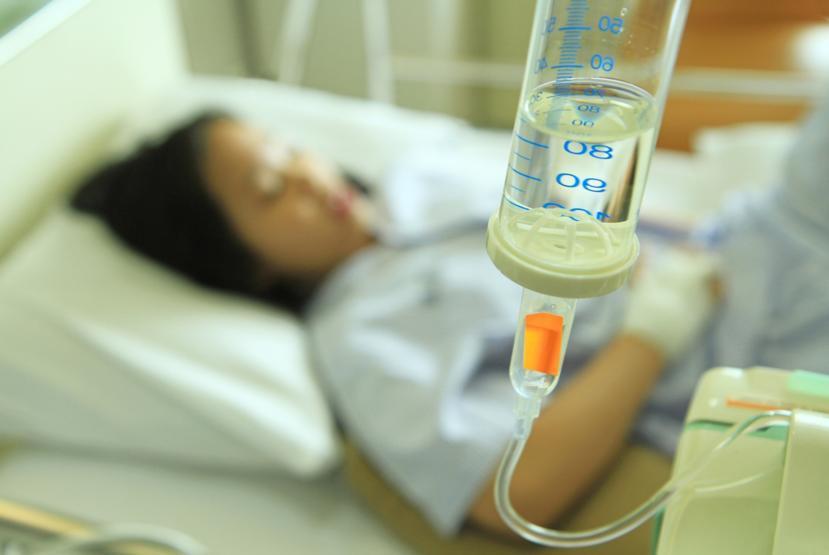Is Dehydration an Emergency?

Dehydration refers to excessive loss of body fluids due to various reasons. Under normal conditions, the body’s requirement of fluid depends on the weight of the body. When there is loss of fluid in the form of sweat, vomiting, diarrhea, or excess production of urine, one should replace the fluid by increasing the intake. Generally, our body monitors the requirement and signals for more water in the form of thirst. Moreover, our body has a water conservation mechanism, which comes into action whenever there is a need. Sometimes the delicate balance is disturbed and the loss of fluid from the body is not replaced by intake; this results in dehydration.
Some of the common causes of dehydration include:
- Excessive sweating
- Continuous vomiting
- Diarrhea
- Strenuous exercise
Initially, when there is excess loss of water, our body responds by increasing thirst and makes concentrated urine.
As the condition progresses, the following symptoms can be noted:
- Dryness of the mouth
- Muscle cramps
- Nausea and vomiting
- Lightheaded feeling
- Weakness
- Decreased production of urine and sweat
When dehydration becomes severe, confusion and weakness sets in. This may ultimately lead to a coma, organ failure, and finally lead to death.
Complications of dehydration include:
- Kidney failure – As dehydration results in low blood pressure, the blood flow to the kidneys is affected, resulting in kidney failure.
- Coma – Coma results from decreased blood flow to the brain.
- Shock – Decreased blood flow to different organs affects the functioning and symptoms of shock appears.
- Electrolyte abnormalities – Profuse loss of fluids through diarrhea, vomiting or sweating cause significant loss of calcium and potassium affecting the electrolyte balance of the body. This may cause muscle weakness and abnormalities in heart rhythm.
One should get immediate medical care if they have the following:
- High-grade fever
- Confusion
- Lack of energy
- Headache
- Seizures
- Difficulty breathing
- Abdominal pain
- Fainting
- Decreased production of urine














